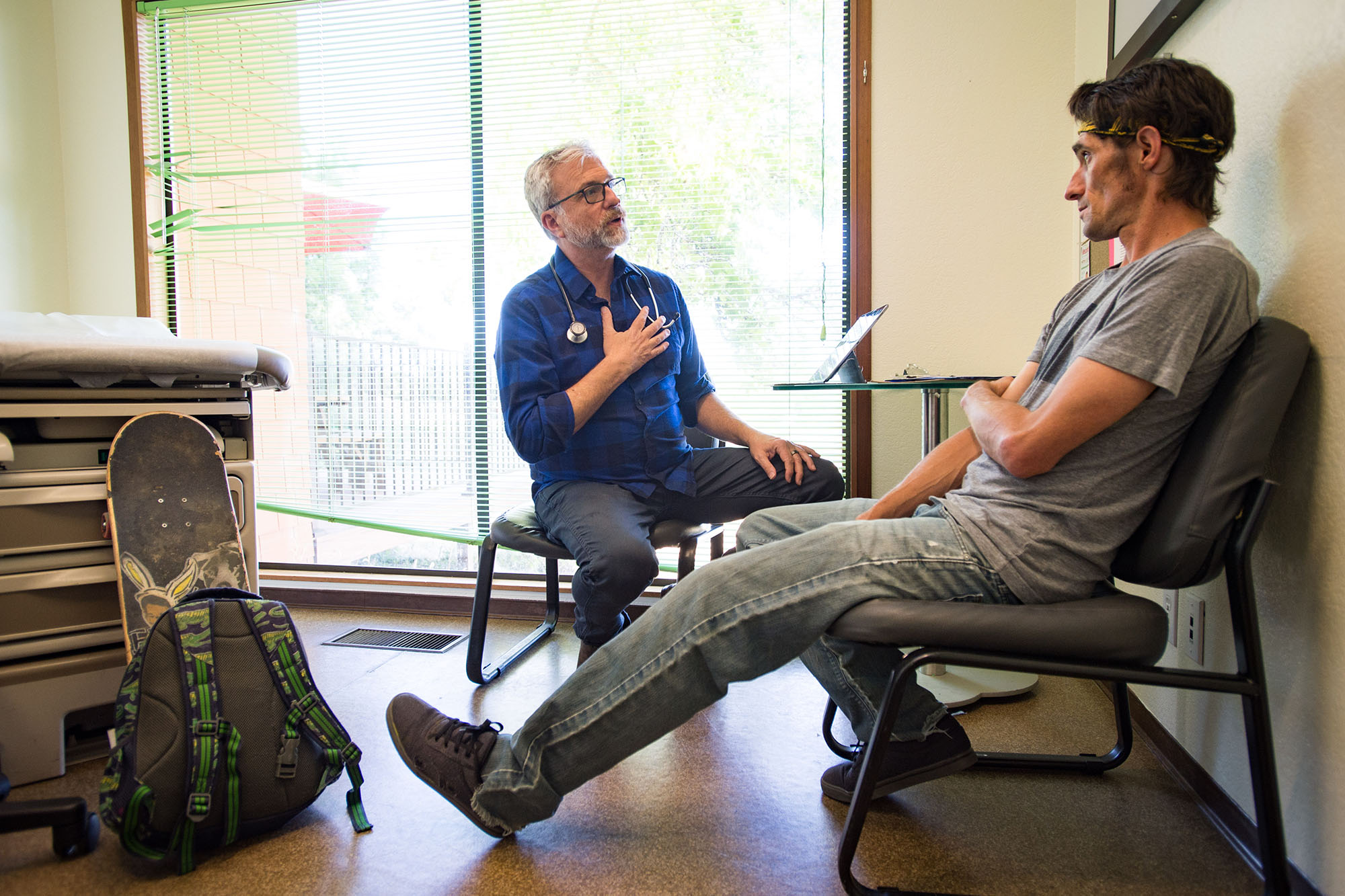
Download
CHW/Ps come to their jobs with varied types of lived experiences, formal and informal training, and areas of passion. Training can support CHW/Ps in preparing for their roles and can help organizational staff incorporate CHW/Ps into their workflows. Each employing organization will need to establish a training approach that enhances the capacity of CHW/P programs to meet the identified needs of the community and provides the tools for these programs to thrive in the context of the overall organization.
CHW/P training programs vary in length, scope and focus of content, and pedagogy. Training approaches for CHW/Ps are often designed and implemented by different entities: (1) academic institutions, such as community colleges; (2) employers of CHW/Ps such as MCPs as well as public health, medical, and behavioral health organizations; (3) CBOs that support CHW/Ps; and (4) states and counties that develop CHW/P training programs, which can be tied to certification requirements.
While many states require CHW/Ps to become certified through an approved training program and some develop state certification training programs, California has not established a single standardized curriculum for training CHW/Ps or their employers. California does not certify any training programs, run state training programs, require certification, or provide licensure of CHW/Ps.
Implementation approaches in this section explore how MCPs and their partners can provide:
This section also discusses potential challenges and solutions and contains resources and tools on related topics.
For full detail, access the “Training and Supporting CHW/Ps” (PDF) section of the Resource Guide.

RELATED RESOURCE: Appendix B in the Resource Guide (PDF) provides an overview of CHW/P training programs in California and select national programs.






